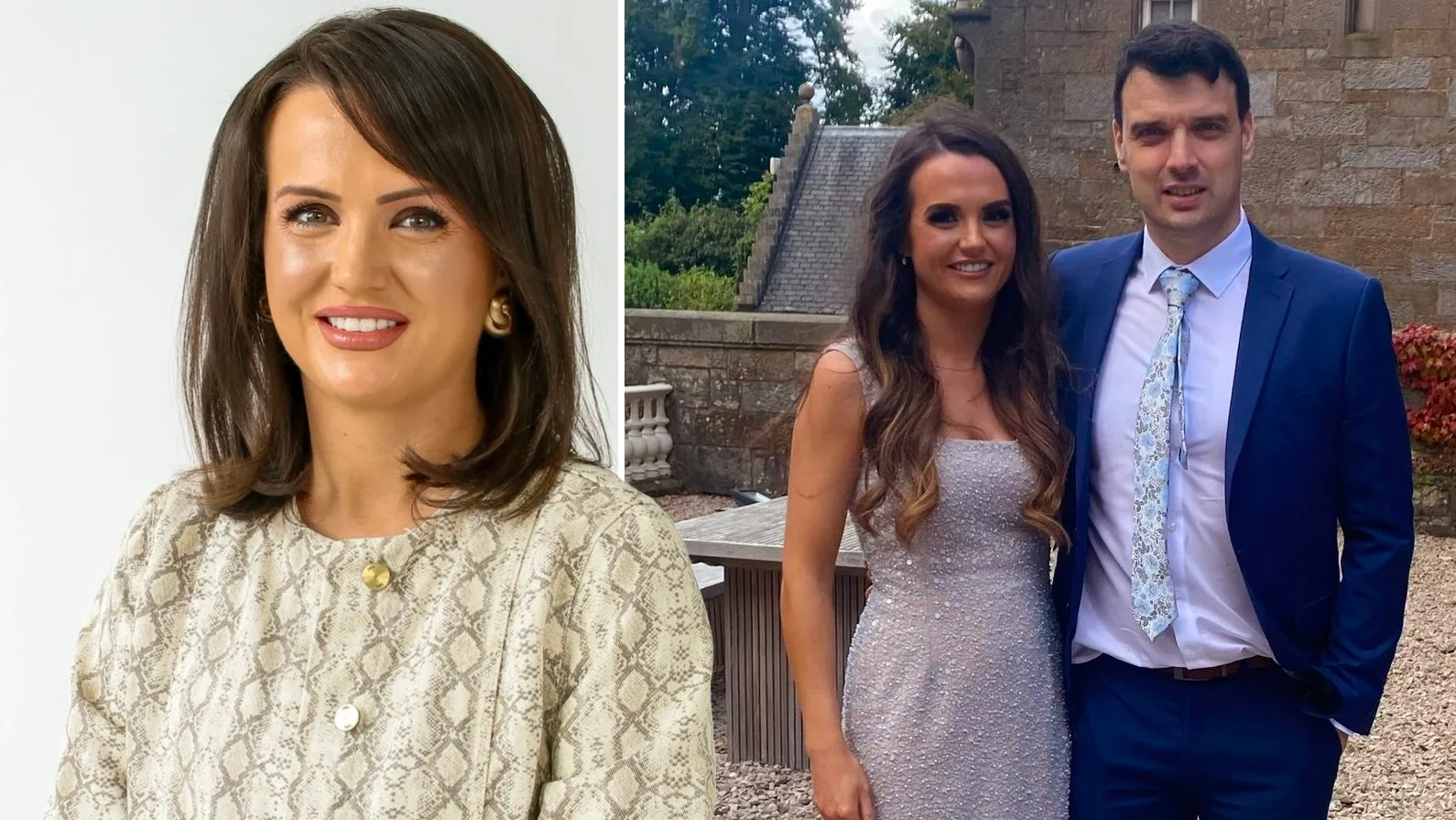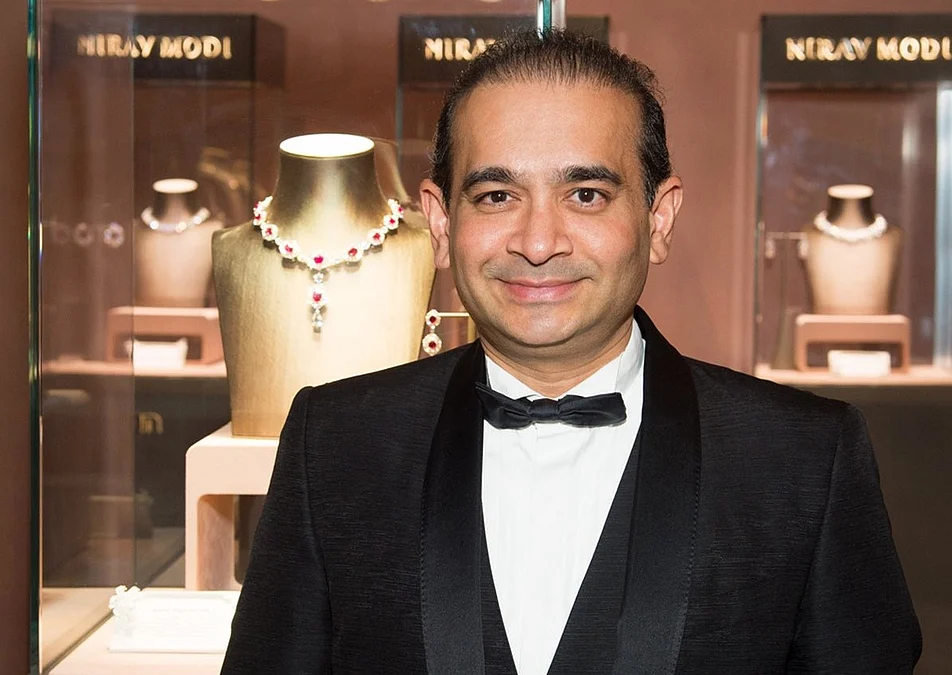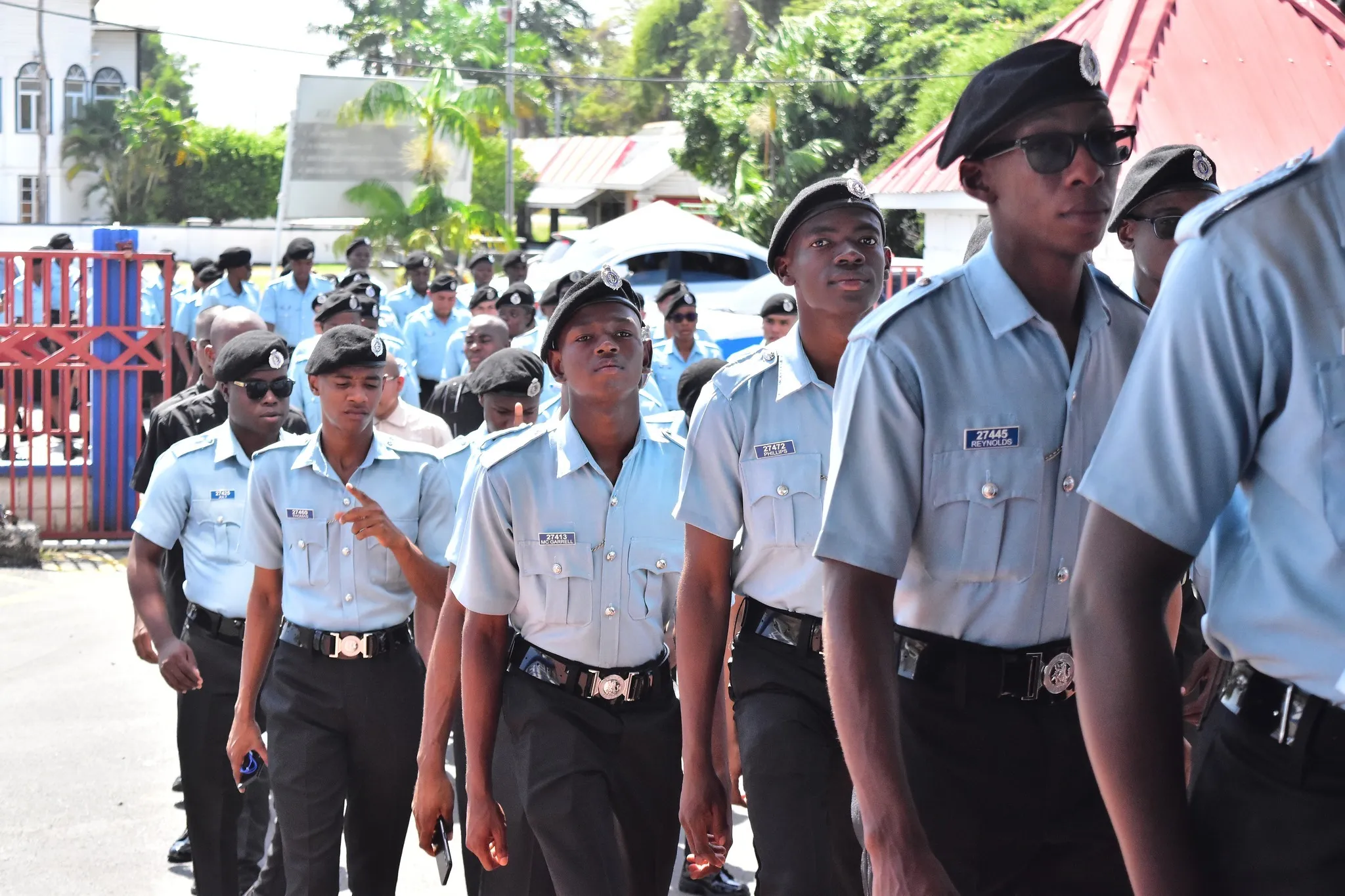Copyright metro

I assumed everyone left one before taking their own life (Picture: Lisa McFayden) Frantically tearing through our house, I searched for a letter from my late husband. This was just days after Alan had died, and while most of that time is a blur of disbelief, desperation and chaos, this memory stands out more vividly than most. I left no stone unturned. I pulled open every drawer, rifled through his jacket pockets, shook out books and notepads. I even begged the police to re-check his car and clung to the hope his colleagues might find something at his work. That’s how convinced I was that there would be a note. After all, I assumed everyone left one before taking their own life. But there was nothing. No explanation, no comfort, no goodbye. No final message to me and our three young children. Just silence and a host of unanswered questions. And learning to live without those answers has been one of the hardest parts of my journey. Alan and I met in 2011 in a Glasgow nightclub. He was 26 and a dentist, while I was 19 and a dental student. @the_widowdiaries Signs that my husband was about to take his own life… #MentalHealthMatters YYouAreNotAloneGGriefJourneyWidowLife #endthestigma ♬ original sound – The Widow Diaries By 2016, we were married and expecting our first son (Picture: Lisa McFayden) I remember thinking how handsome and kind he was, and I liked that he made me laugh like nobody else could. I went home that night with a giddy certainty that I’d met someone special. He had this way of making me feel safe and seen, like he understood me in a way no one else ever had. Suddenly, my dream of marriage, children, and a home filled with love seemed not only possible, but inevitable with Alan. He proposed after my graduation in 2014 and I moved into his flat in the east end of Glasgow. By 2016, we were married and expecting our first son, Henry, and over the next five years, we welcomed Matthew and Sofia, too. Alan loved being a dad: one of my favourite memories is from when he took our eldest son to watch Rangers play football for the first time. Seeing Henry on his shoulders and the joy on his face as he idolised his dad, is something I’ll always treasure. Need support? For emotional support, you can call the Samaritans 24-hour helpline on 116 123, email jo@samaritans.org, visit a Samaritans branch in person or go to the Samaritans website. Their HOPELINE247 is open every day of the year, 24 hours a day. You can call 0800 068 4141, text 88247 or email: pat@papyrus-uk.org. But that pretty much summed up our life – it was wonderfully ordinary. We enjoyed family holidays, had a messy house full of toys and noise, and spent our evenings collapsed on the sofa after the kids were in bed. It was everything I had ever dreamed of and Alan was very much at the heart of that happiness. That’s why I never saw his death coming. That day was like any other: we’d spoken sporadically, then I’d bathed the children and was putting them to bed as usual, when there was a knock at the door. As the police stood there, telling me they’d discovered a body they believed to be my husband’s, my world shattered. Then, they told me he had died by suicide. My first reaction was disbelief: how could someone so loved and so needed make that decision? How could things change so completely in a single moment? Seeing Henry on his shoulders and the joy on his face as he idolised his dad, is something I’ll always treasure (Picture: Lisa McFayden) Then came the confusion. There had been no warning signs, no chance to help, no opportunity to say goodbye. All I could hope for was some explanation. I still, to this day, can’t understand why he did what he did. The following morning, I told our children that daddy was never coming home again. It is one of the hardest things I have ever had to do. Henry, who is autistic and was six years old, struggled to express his emotions at all. Matthew, aged four, sobbed with a pain I had never heard before, the kind of cry that comes from deep inside. And Sofia, aged 10 months, never got to celebrate a birthday with her dad. As for me, my thoughts returned again and again to the missing note. Nothing written could take away the pain but I simply couldn’t accept that Alan had left us without leaving a single word. It felt like he had closed the door without even a whisper, leaving me pounding on the other side, desperate for answers. I told our children that daddy was never coming home again (Picture: Lisa McFayden) I would later learn, only about 25% of people leave a note – even then, they rarely offer the clarity loved ones are searching for. Still, the absence felt like salt in a wound that would never heal. The months that followed were suffocating: I couldn’t say the word ‘suicide’, I couldn’t look at photographs of Alan, and I tormented myself for missing a call from him in the hour before he’d died. I wondered endlessly whether I could have changed the outcome if I’d just picked up. Eventually, I had to tell myself that I simply wasn’t meant to receive that call. To distract myself from the pain and heartbreak, I poured everything into my children, neglecting myself in the process. I lost weight, was constantly unwell, and after the funeral, I didn’t cry for eight months. I have since told my sons (now six and eight) that their dad died by suicide (Picture: Lisa McFayden) Then there were the ‘firsts’ to contend with – his birthday, our anniversary, Father’s Day, Christmas – and I was certain each occasion would break me. But because I was so numb we somehow got through them. I soon realised that, if I didn’t take care of myself, I wouldn’t be able to take care of the kids either. So, I began exercising, went to counselling, and joined a suicide peer support group. I also joined the Widowed and Young (WAY) charity where my children and I were able to socialise with families like ourselves. Seeing widows further down their journeys than mine gave me hope and slowly, I started to rebuild our lives. Widowed and Young WAY has a subgroup and regular Zoom meet ups to help people navigate the additional challenges they may face after being bereaved by suicide. There is more information about this available here The second and third years were still hard as the permanence of Alan’s absence cut deeper, and happy moments – like sitting at parents’ night or watching our sons in the nativity – became bittersweet. But, we also started to find our new normal. I have since told my sons (now six and eight) that their dad died by suicide because I want them to know it’s OK to talk about their feelings, to ask for help, to never carry pain in silence. Alan was a private person, and sometimes I wonder what he would think of me sharing our story so openly (Picture: Lisa McFayden) Both Henry and Matthew, like me, couldn’t understand why it happened. For a long time it pained me that I didn’t have answers to these questions. What it did do though was encourage me to speak openly about widowhood and suicide grief. I started by writing it all down, then, unable to find the kind of content I needed, I began sharing what I was going through on TikTok. To my surprise, it resonated. It connected me with others who had walked this same difficult road and in my darkest moments, I found a sense of community. Alan was a private person, and sometimes I wonder what he would think of me sharing our story so openly. But I know that he would be proud of our children – their resilience, their laughter, their kindness – and I hope that he would be proud of me for raising awareness in the middle of my pain, for choosing to help others feel less alone. There will never be a note to explain why, but I also no longer need one (Picture: Rachel Goldie/Peachy Creative Media) The truth is you never really know what someone is battling inside. Even those who appear happy, who are loved, who seem to have it all, may be fighting a silent war. A war that will never be won. Sometimes there will be no warning, no note, no explanation. It doesn’t mean they loved us any less. And it’s OK to not have all the answers. Yes, it can be unbearably hard, anger and bitterness are natural, but you can still live, love, and create something meaningful even if you don’t. Believe me, you are stronger than you think. For me, grief has been about learning to carry both things at once: the unbearable loss, and the possibility of hope. There will never be a note to explain why, but I also no longer need one. Instead, I am slowly finding peace in knowing that our story is still unfolding, woven with both love and grief. Do you have a story you’d like to share? Get in touch by emailing jess.austin@metro.co.uk. Share your views in the comments below.



